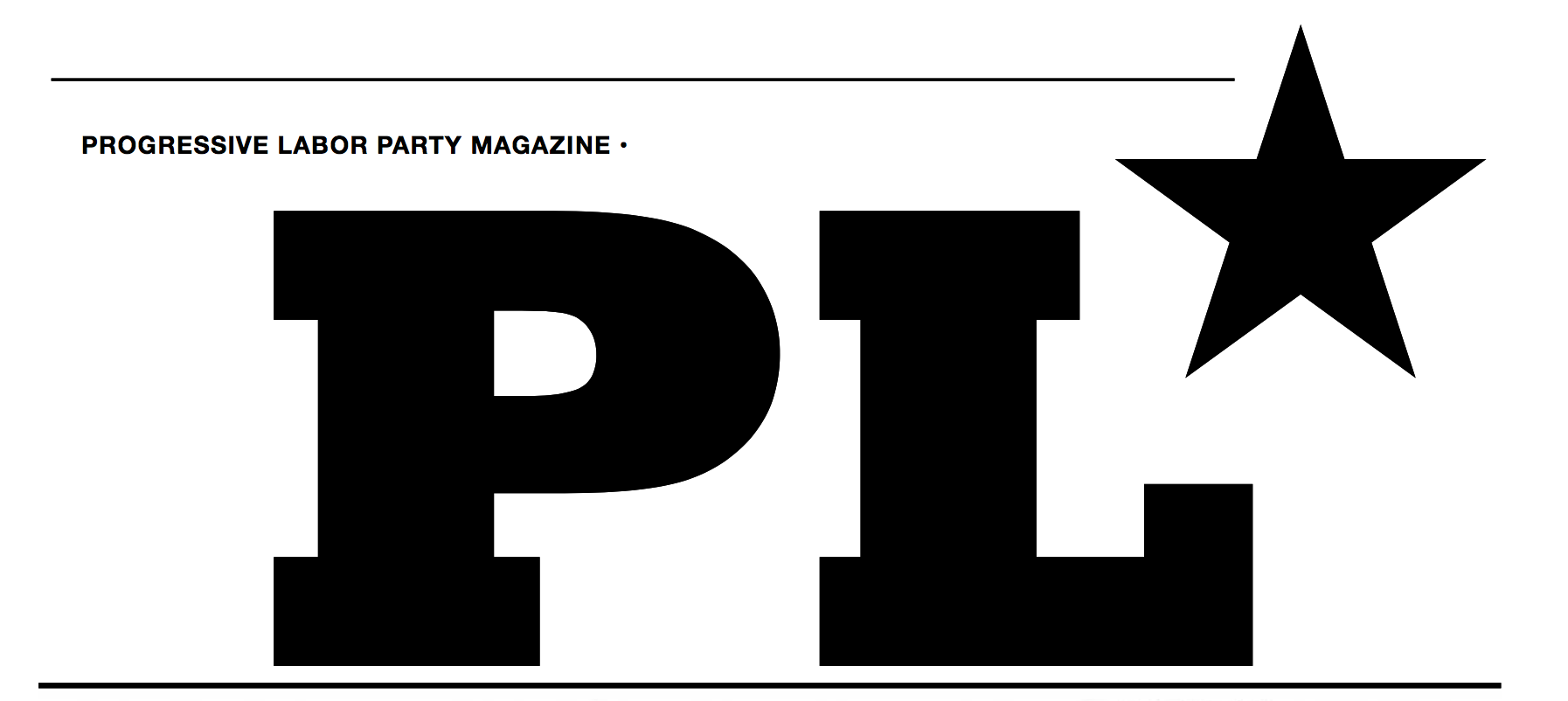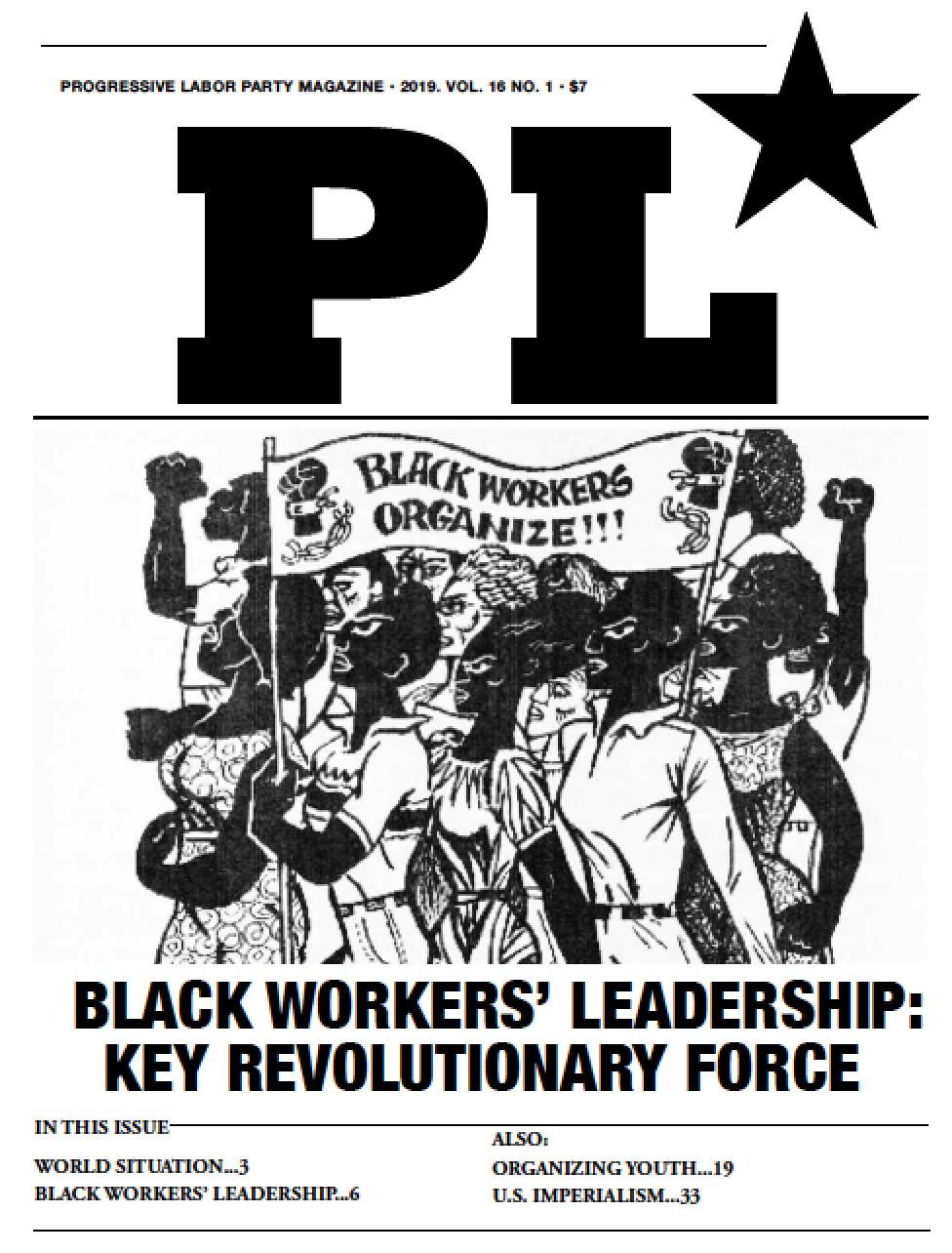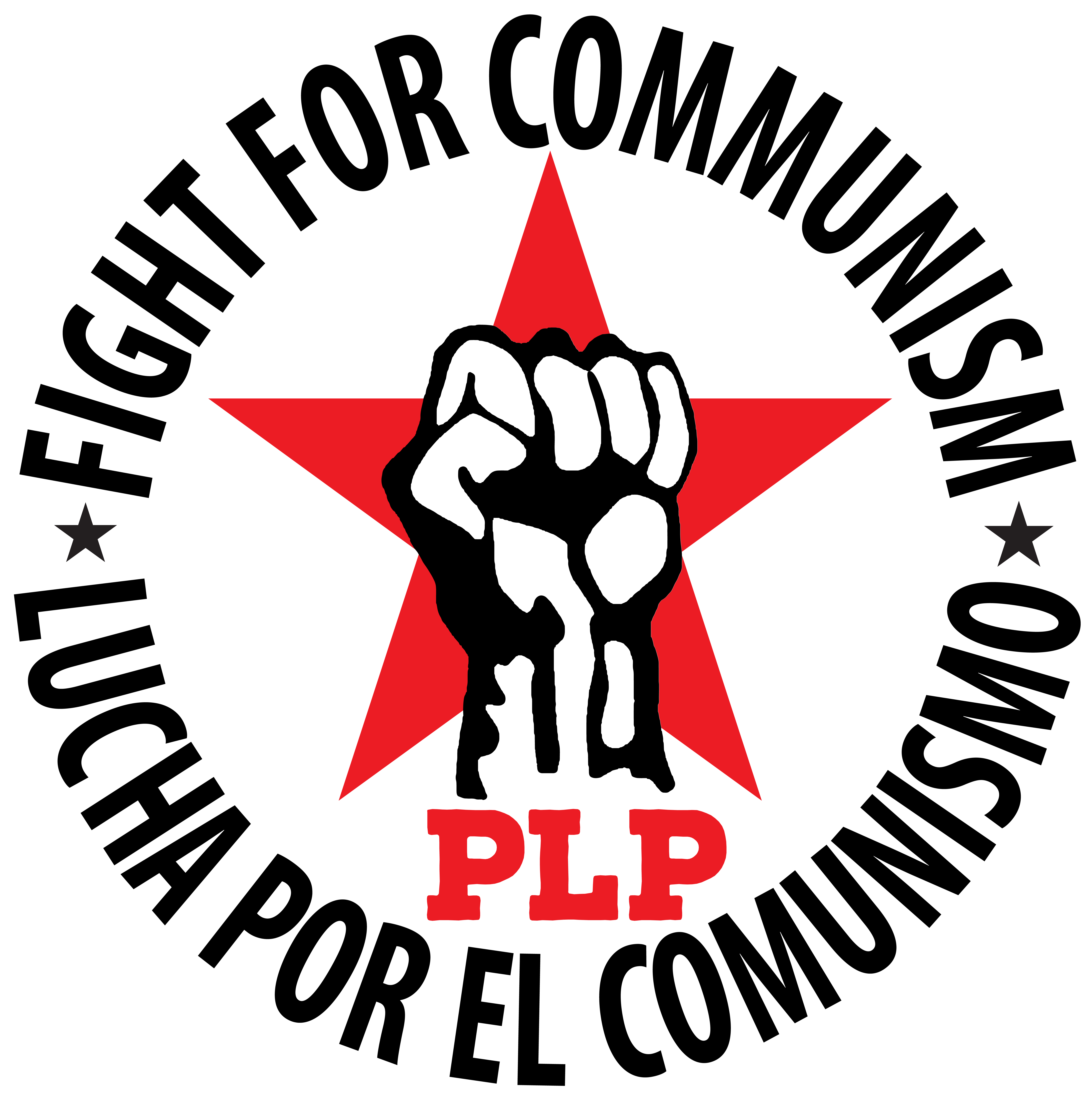Dialectics Provoke Sharp Discussion on Racism on Campus
 Thursday, November 28, 2013 at 2:29AM
Thursday, November 28, 2013 at 2:29AM Recently I attended a PLP communist school on dialectics with a friend; she’s a student and I’m a teacher at Chicago State University. Our opening presentation described how dialectical principles apply to the process of development from a seed to a bean plant and provoked many questions and challenges about precisely how the principles are to be understood.
In our workshop we continued the discussion of dialectics as a general theory of nature, but it was hard to pin down the discussion. Moreover, it tended to exclude people, such as my friend, who were less familiar with communism. I proposed applying the principles to my friend’s work with a campus group, the Students for Justice (S4J).
This immediately raised a number of issues. S4J had developed a petition demanding child care on campus which would benefit our many single-parent students, mostly women. It also demanded that the money the bookstore pays to the university should be used to fund childcare. (The bookstore treats students like criminals and overcharges for books).
However, S4J literature did not criticize the bookstore policy of barring students from the textbook aisles of the bookstore. Instead students hand their schedule to a clerk who gets their books for them. Consequently, students must wait for hours for their books. The petition did not say the bookstore policy was racist, nor did it connect the campus treatment of students — a large majority being black — to the racism we experience in Chicago neighborhoods where store owners treat customers disrespectfully.
How could we sharpen the discussion within S4J, raising issues of racism? Why hadn’t S4J members said more about racism in its petition and literature? Did students disagree that these practices were racist? Or did they believe they were racist but that saying so would turn people off? Was the petition’s purpose to gain the most possible signatures, or was it to raise the understanding of racism on campus and in Chicago and beyond? Was S4J just trying to win a reform or was it trying to empower students to fight in their own interests and to understand the connection between the racism they experience and the capitalist system?
In the workshop we felt that raising these questions would sharpen the contradictions within S4J between communist, anti-racist politics and capitalist-style politics of trying to be popular. I thought that even if, as a result of the discussion, S4J still did not want to call the lack of child care and the bookstore policies racist and sexist, we still would have encouraged students to think more sharply about what they were doing and what they hoped to accomplish, bringing them closer to communism and the Party.
Sometimes our discussions of dialectics are too abstract because we treat it as a philosophy of everything without applying it to analyzing our political work. On the one hand, it’s essential to study the laws and categories of dialectics, but if we don’t apply them to what we have to do to build the Party and our road to communist revolution, then they do become abstract.
In the above discussion, we attempted to apply dialectics to a real-life experience, showing how various things are not isolated phenomenon but are inter-related, how discussing and sharpening the contradictions — among other principles — help us advance our thinking and therefore our actions.
In effect, both theory and practice are essential and inextricably linked. Combining the two, as we tried to do above, will lead to the most useful discussion in doing the Party’s work.
Professor Red





 Progressive Labor Party (PLP) fights to destroy capitalism and the dictatorship of the capitalist class. We organize workers, soldiers and youth into a revolutionary movement for communism.
Progressive Labor Party (PLP) fights to destroy capitalism and the dictatorship of the capitalist class. We organize workers, soldiers and youth into a revolutionary movement for communism.




Reader Comments